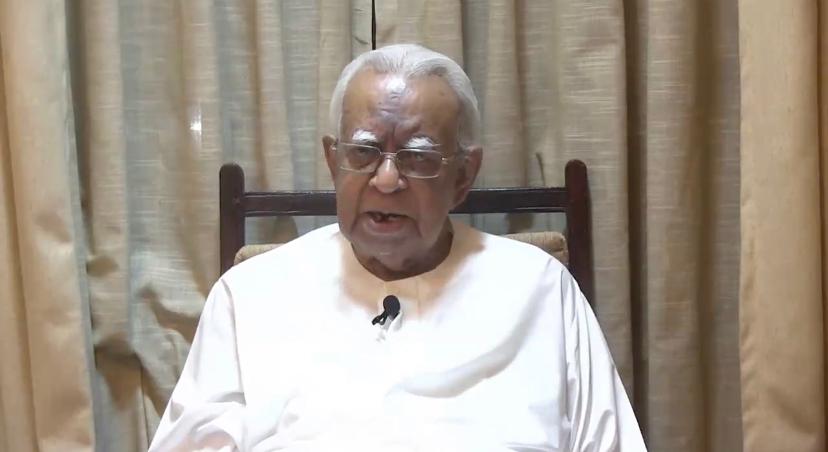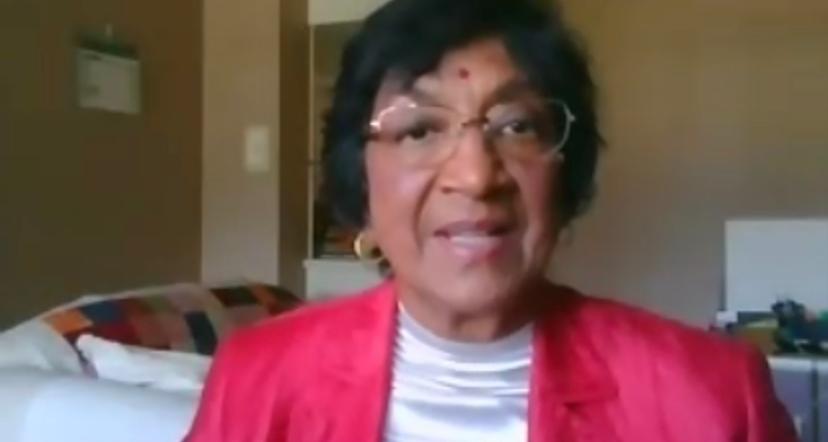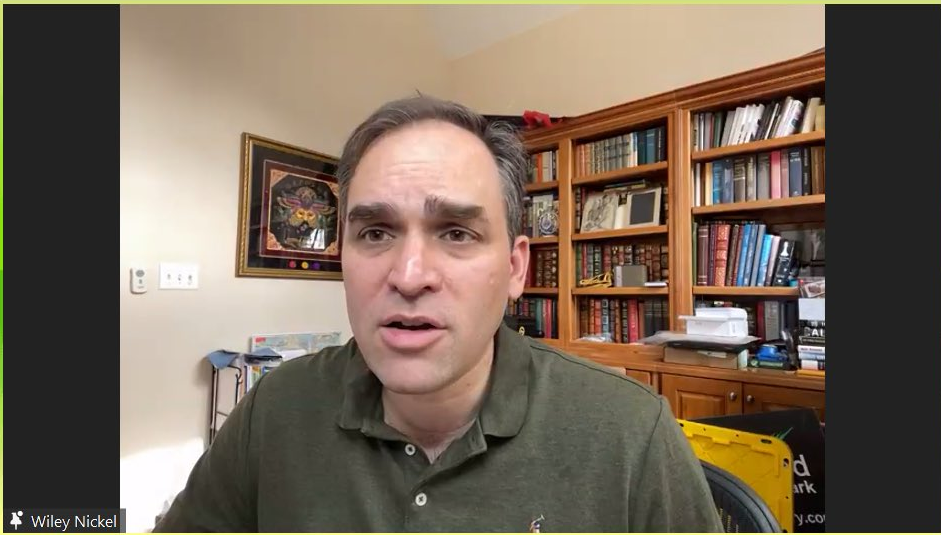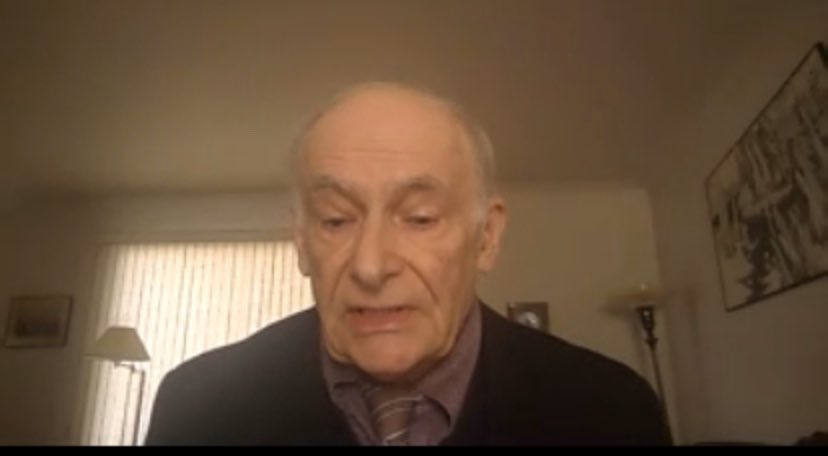Speaking at a conference arranged by Jaffna parliamentarian, CV Wigneswaran, former UN High Commissioner for Human Rights, Dr Navanethem 'Navi' Pillay, alongside Tamil political leaders, and international law experts, raised concerns over the on-going landgrabs by the Sri Lankan military and highlighted the need for urgent international action.
Opening the conference, Wigneswaran highlighted the detrimental impact of colonialism on Tamil sovereignty and the historic efforts to colonise the North-East by successive Sinhalese governments. “Before our youth took up arms, almost 1/3 of the traditional Tamil land in the East had been expropriated by Sinhala majority governments” Wigneswaran remarked.
He further highlighted that landgrabs persist “under the guise of archaeological excavations, forest preservation sanctuaries and bird sanctuaries, and are often carried out by the Mahaweli Authority, archaeology dept, forest dept, wildlife dept and many others”.

Wigneswaran’s remarks were followed by R. Sampanthan who further commented on the “the deliberate attempts to break up the contiguous Tamil homeland by separating the North and East” as well as to “complete colonisation of Manalaru (now Weli Oya)”. Sampanthan further highlighted the loss of Tamil political representation in Amparai and noted evictions by the Forest Department. Tamils are asked for honour documentation of their proof of land, land which they have occupied for generations.

Navi Pillay followed Sampanthan and dedicated her speech to examining land disputes in Sri Lanka through a human rights lens. She highlights how “thousands of units of land were appropriated during the war for military purposes and retained, for security purposes, with little or no independent oversight scrutiny or compensation”. Whilst some areas have been returned, other areas of importance and of symbolic value have not, she noted.
Pillay further raises concerns over the increasing Buddhism is having in these land disputes.
“Several central government bodies play roles in land issues in the Northern and Eastern provinces and there seems to be an increasing role played by religious actors and politicians in land disputes. Disputes with ethno-religious dimensions are possible triggers of the conflict”, she stated.
She further added:
“I was quite concerned to learn about the Presidential Task Force for archaeological heritage in the Eastern province, and its seemingly unapologetic Sinhala Buddhist leaning, its militarised tone, and being chaired by the Defence Secretary”.
Pillay lambasted the Presidential Task Force as “that current PTF is but a new manifestation of a pre-existing strategy: that of using archaeology and historic preservation as guises, for political or religious agendas”.
These issues, she notes, are also present “with the forest department and its conservation mandates for nature preserves and forest lands, or with the Mahaweli authority, with respect to various structural irrigation projects”.
During her comments she also reaffirmed the principle of self-determination noting that, “the right to self-determination and to freedom of movement may be violated when marginalised communities are restricted in the use of their lands”.
“These rights are also contravened when restrictions on the voluntary return of displaced persons to their original homes are imposed without legitimate justification, and without appropriate procedures”, she adds.
She also remarked on the principle of non-discrimination and equality noting that 'actions that have the intention or effect of nullifying or impairing the recognition or exercise on an equal footing of human rights”, violate said principle.
Responding to a question on genocide, she responded by stating:
"Let me assure you that crimes against humanity are equally as serious as genocide. I hope someday that what happened in Sri Lanka and is still happening will be tested in the criminal jurisdiction, whether it's the International Criminal Court or hybrid court".
Pillay’s statement was followed by Wiley Nickel, former Obama White House Staffer and Democratic Senator for North Carolina.

Nickel’s opened his statement by addressing the Tamil community in Sri Lanka and stating:
“My message to everyone assembled here today in the Tamil community in Sri Lanka. You are not forgotten. And you're not alone in public opinion is moving with us as we educate more and more people on this issue”.
In his remarks, he maintained that the end of the armed conflict in Sri Lanka was an act of genocide. He highlighted not only the systematic colonisation of the Tamil homeland but further called on the US President, Joe Biden, “to appoint a special envoy to Sri Lanka to give it the attention it deserves and make progress on independent international accountability mechanism, rather than be stuck in the past”.
He further praised members of Congress who wrote to the Secretary of State and called on the US to push for the UN resolution to be passed and to ensure that Sri Lanka remains a priority. He further called on the UK to play an important role alongside the US in finding a lasting solution to the many decades of ethnic conflict.

David Matas, the legal advisor at the Tamil Rights Group, spoke shortly after Nickel and highlighted the devastating cost landgrabs have had on the Tamil community.
"There is already in Sri Lanka a substantial internally displaced Tamil population and tens of thousands of victims of land expropriation without compensation", he stated.
He further highlighted that:
“There are approximately 100,000, refugees in India who are Tamils from Sri Lanka without access either to an Indian, or a UNHCR refugee determination”.
“The reality is, no one is doing what needs to be done, no one has been doing what needs to be done for decades and it is the refugees who suffer” Matas added.
‘The former government frequently posted acquisition orders for high-security zone lands that were inaccessible to property owners, many of whom initiated court cases including fundamental rights cases before the Supreme Court to challenge these acquisitions,’ Matas highlights.
“Although high security zones had no legal framework following the lapse of emergency regulations in 2011, they still existed and remained off-limits to civilians” he further notes.
Matas also highlights that “the military held lands if viewed as economically valuable [...] and that the military possession of land denied livelihood to the local population”.
He further highlights the findings of an Oakland Institute report which exposes that the military continues to occupy vast amounts of land in Jaffna, Kilinochchi, Mullaitivu and Batticaloa. While civilian resettlement has been allowed in some areas [...] these areas remained under extreme militarisation.
"The military continues to occupy the North and East, at an extreme degree, with roughly one military member for every six civilians", he added.
Matas highlights the concern about the situation of internally displaced persons, a majority of whom belong to the Tamil, Moor and Muslim ethnic groups who continue to remain displaced and face challenging living conditions and accounts and delays in reintegration into society.
"Once reintegrated those communities also face challenges in access to basic services, employment and adequate housing", Matas added.
“The Tamil Rights Group have proposed to the Government of Canada, a wide-ranging set of amendments to the current draft resolution. One of these proposed amendments is to express [...]concern over the continued confiscation of Tamil lands”, Matas concluded.
